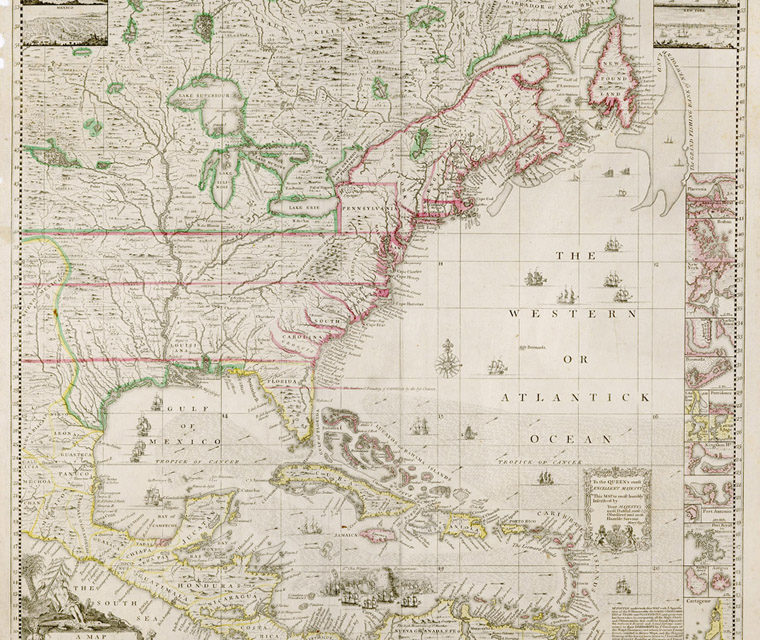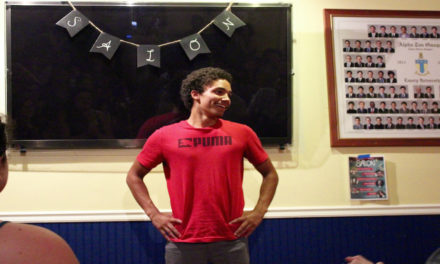The Trans-Atlantic Slave Trade Database, an online database providing information about slaves and slave trading voyages, will soon expand to include information about intra-American slave trade as well as have a new accessibility. The online database is supervised by two Emory faculty members in partnership with international scholars.
The project investigators — David Eltis, Robert W Woodruff professor emeritus in the Department of History, and Allen Tullos, history professor and co-director of the Emory Center for Digital Scholarship (ECDS) — will be supervising a project to recode, enhance and sustain the current site for 18 months, funded by a July Digital Humanities Implementation Grant from the National Endowment for the Humanities.
Many historians are discovering more about the migration of slaves in intra-American slave trade, which refers to the migration of slaves within the United States after they left their original home.
This new project aims to add in-depth information about individual slaves to the database’s catalogue of information regarding voyages, the number of slaves on the voyages, where the voyages landed and more.
The team also hopes to translate the database into new languages, recode and create a more contemporary design as outlined in project’s abstract. When the site first went online in 2008, it was written in a computer coding language that is now becoming obsolete, according to Tullos. Much of the funding from the new grant will go toward recoding the site into an updated computer language.
Along with recoding, they will also translate the database into Spanish and Portuguese, since much of the slave trade involves Brazil and the West Indies. Finally, the database will feature dynamic pictures and maps that outline voyages or display a slave’s journey.
Roughly 25 years ago, international scholars began collecting information on slave voyages and had more than 11,000 distinct slave passageways by the late 1980s.
When Eltis and Stephen Behrendt — senior lecturer at the School of History, Philosophy, Political Science and International Relations at the Victoria University of Wellington — met in the British Public Record Office in 1990, they discovered that they were both studying British slave trades independent of one another. They then decided that a multi-source dataset for slave data would help other scholars and students to study the trans-Atlantic slave voyages.
In 1999, the data collected was compiled onto a CD for public access. After publishing the CD, Eltis and David Richardson, economic history professor at the University of Hull, hoped to overcome the lack of data on Latin American slave expeditions by embarking on a more intensive research project into Portuguese and Spanish language archives with funding from the Arts and Humanities Research Board of the United Kingdom.
In 2006, the National Endowment for the Humanities, funded by the W.E.B. Du Bois Institute for Afro-American Research at Harvard University, provided scholars with the opportunity to present the data online through a website.
In 2006, Eltis led the team to construct the website in order to collaborate with scholars from different continents and the website was finally published in 2008.
Eltis and Tullos applied for this recent grant in February 2015 to hire more people to recode the site into an updated computer language.
According to Tullos, the ECDS and the Laney Graduate School, have provided server space and technical help for the database. Tullos mentioned that University Librarian Yolanda Cooper and Dean of Laney Graduate School Lisa Tedesco also offered immense support.







Good news!
And what about Brazilian Interprovincial slave trade? Do you pretend to
incorporate it in the database?